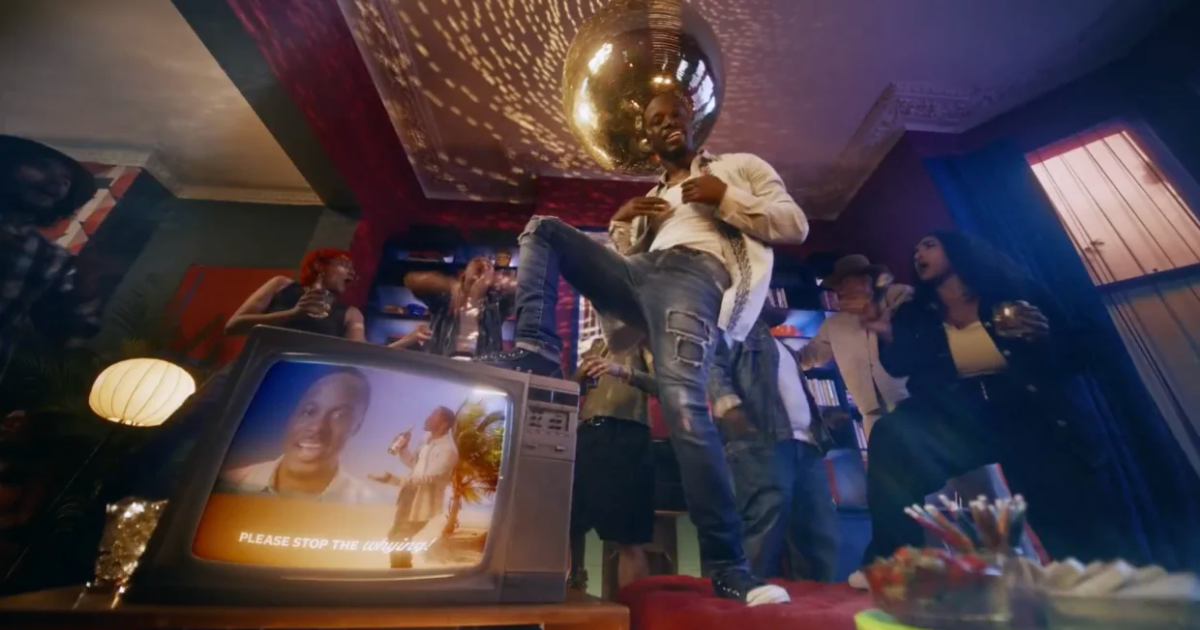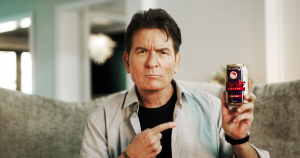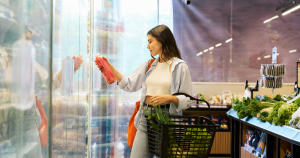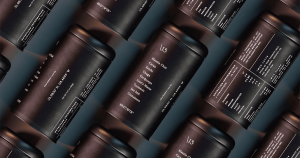Diageo spurs elevation of non-alc advertising
High production value commercials and catchy taglines have entered the non-alc space, led by drinks giant Diageo. Most recently, they tapped content creator Nicholas Fraser and agency Anomaly for their first global campaign promoting Captain Morgan’s Spiced Gold 0.0%, the rum brand’s first alcohol-free spirit. I personally can’t get their phrase “why you always why-ing?” out of my head. Diageo is also plotting campaigns for Seedlip: it trademarked the phrases “Don’t Mind If I Don’t” and “Drink Interesting” for the brand.
Promoting non-alc is a key part of Diageo’s “Society 2030: Spirit of Progress” plan, as exhibited by their extensive efforts to market Guinness 0.0. To advertise this non-alc variant, they developed a clever spot with singing bevs and shelled out millions for premiere sports sponsorships and the largest-ever responsible drinking campaign. As part of this campaign, 50,000 St. Patrick’s Day revelers across 300 locations in Ireland received free pints.
We’re also starting to see similarly well-produced creative from independent non-alc brands. Free Spirits, poking at Big Alcohol ads, cheekily promotes intentional imbibing with its “Drink Like You Mean It” campaign. “If someone tells you that alcohol needs to have a leading role in your life,” instructs the brand, “give them the bird.” Non-alc beer brand Cold Ones tapped Wunderman Thompson Canada for “Enjoy Irresponsibly,” a campaign that emphasizes all the fun of drinking with none of the alcohol.
As big ad budgets start backing non-alc messaging—and as smaller brands continue to get more creative—it will reshape consumer perceptions and elevate the non-alc industry’s status, supporting large and small brands alike.
The UK reviews “alcohol-free” labeling
The UK government’s proposed changes to “alcohol-free” labeling could have a ripple effect on the global non-alc industry. The current consideration is to expand the “alcohol-free” descriptor to drinks at or below 0.5% ABV (what we in America can only deem “non-alcoholic”). This move is aimed at making the category more transparent and consumer-friendly. It also comes in the wake of discussions about the health implications of alcohol, with calls for clearer labeling to help reduce avoidable cancers.
This approach to labeling could set a precedent for other nations, potentially leading to a more standardized global system. For non-alc brand founders, this development could also mean the potential for clearer, punchier marketing messaging.
Tim Hortons and Baileys announce non-alc collab
Tim Hortons and Baileys recently announced a unique non-alcoholic menu collaboration. For a limited time, this partnership will allow Canadians to enjoy the iconic Baileys flavor in a range of non-alc beverages and baked goods. Tim Hortons CMO Hope Bagozzi noted: “since the line-up is non-alcoholic, guests will be able to enjoy these delicious flavor combinations any time!”
As traditional alcohol brands recognize the potential of the non-alc market, collaborations like these can provide a win-win: traditional brands tap into a growing market segment, while non-alc brands benefit from the established reputation and reach of their alcoholic counterparts.






